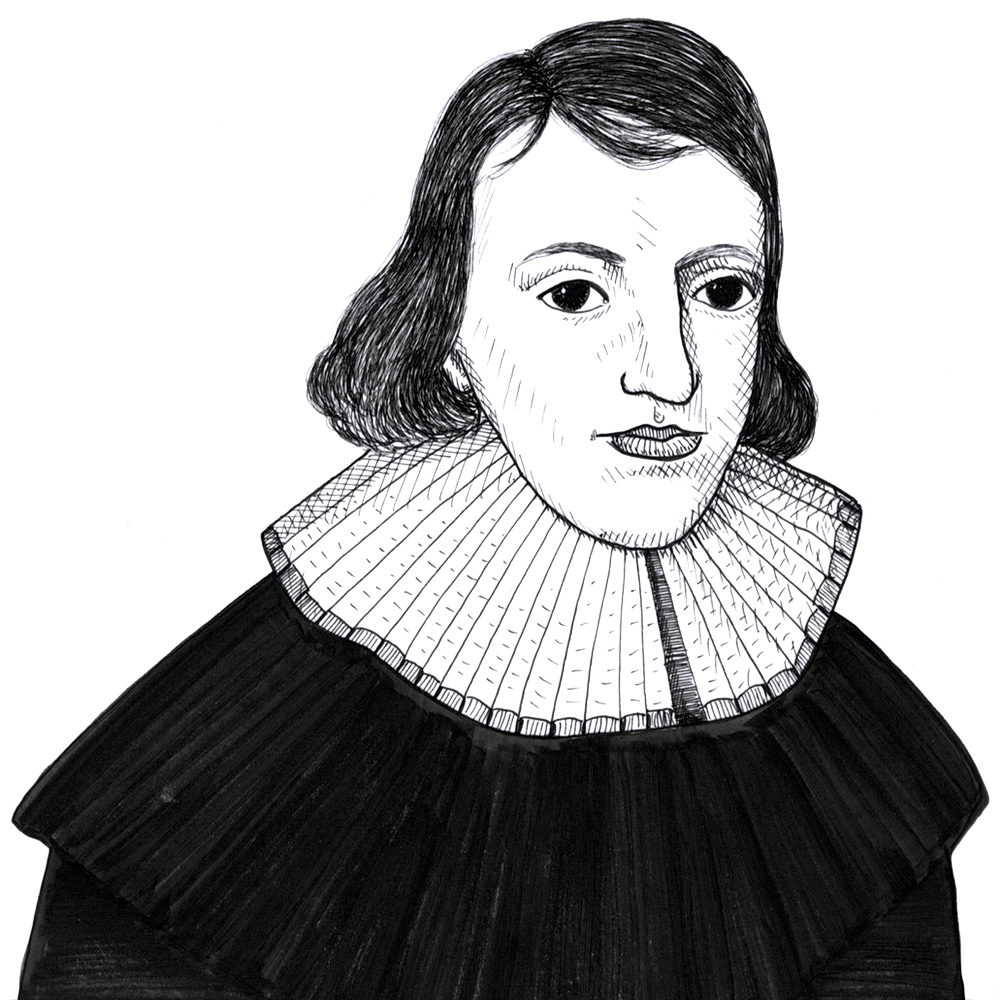
John Milton on the tyranny of government licensed printing (1644)
Found in: Areopagitica (1644) (Jebb ed.)
The English revolutionary poet and pamphleteer John Milton (1608-1674) wrote one of the greatest defences of the freedom of speech, Areopagita, in 1644. Here he compares the censoring of ideas in books to restrictions on the free trade of goods:
Freedom of Speech
Truth and understanding are not such wares as to be monopolized and traded in by tickets, and statutes, and standards. We must not think to make a staple commodity of all the knowledge in the land, to mark and license it like our broad-cloth and our woolpacks. What is it but a servitude like that imposed by the Philistines, not to be allowed the sharpening of our own axes and coulters, but we must repair from all quarters to twenty licensing forges?